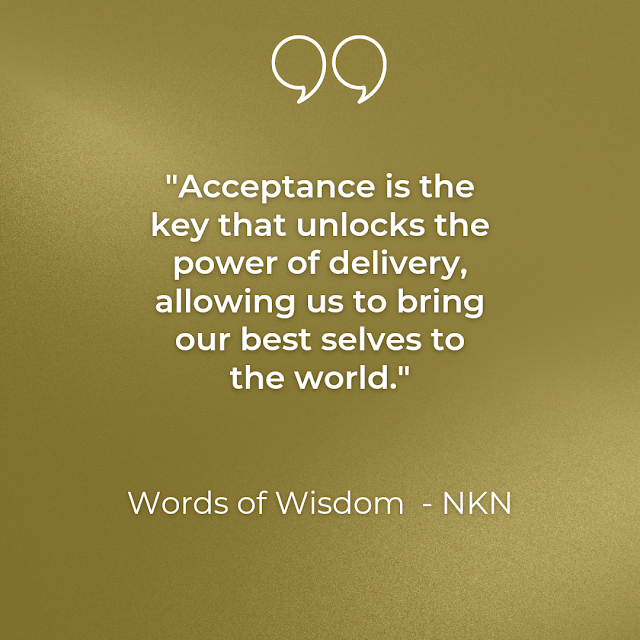Slandered Silence

"Slandered silence speaks volumes, for in the absence of a voice to defend truth and rectify misconceptions, the seeds of falsehood and injustice take root, eroding the very foundation of fairness and understanding." This emphasizes the detrimental impact of remaining silent in the face of slander or false accusations, highlighting the importance of speaking out to uphold truth and combat injustice. Slandered silence refers to the act of choosing to remain silent when one's reputation, integrity, or character is being maliciously attacked or falsely portrayed. It symbolizes the absence of a voice to counteract and refute the spread of falsehoods or misleading information. When we allow slandered silence to prevail, the consequences are significant. Without a voice to defend truth and rectify misconceptions, false narratives can spread unchecked, leading to the distortion of reality and the erosion of fairness and understanding. Silence in the face of slander can perpetua...





























